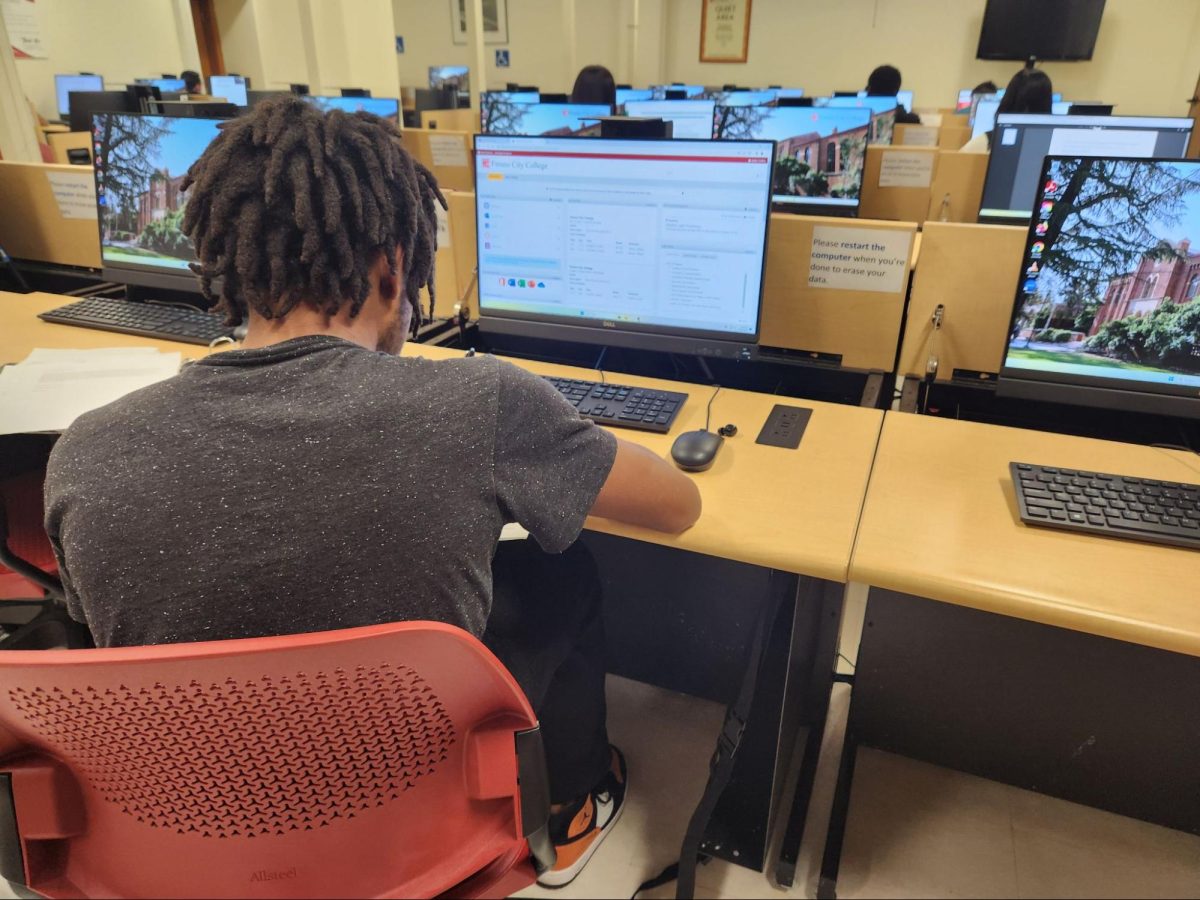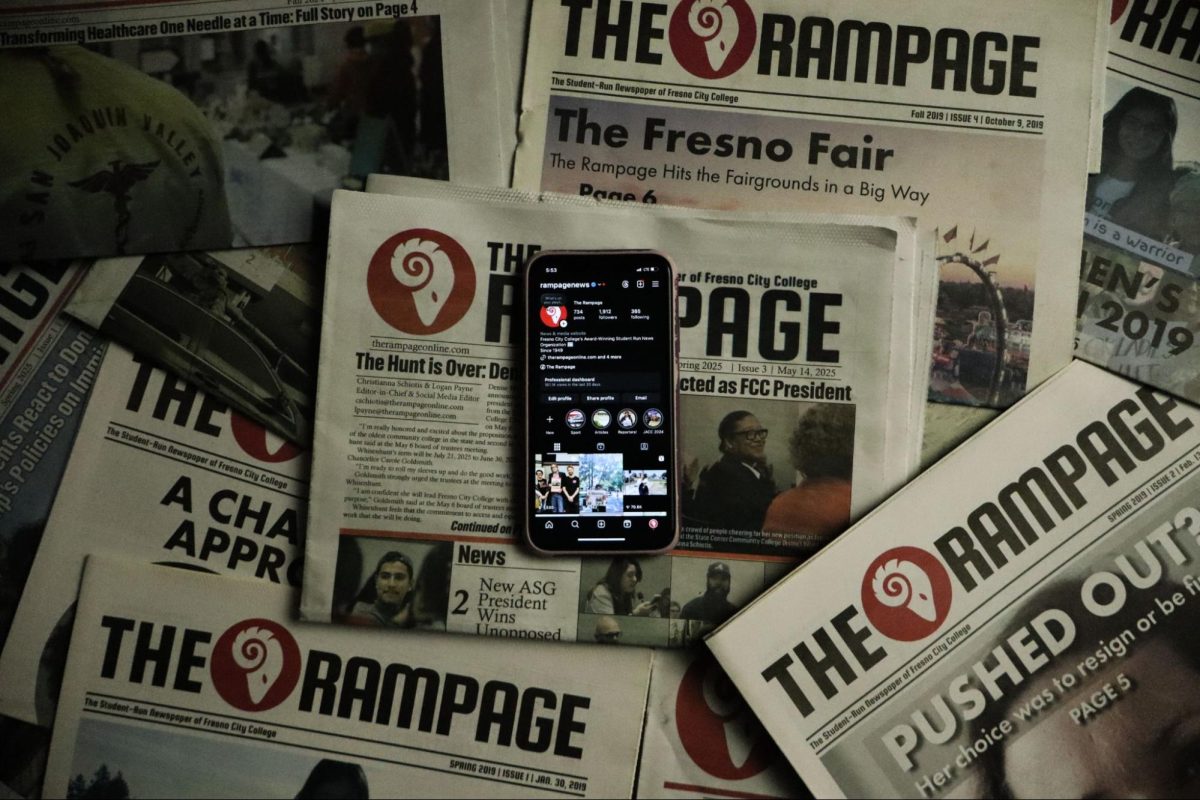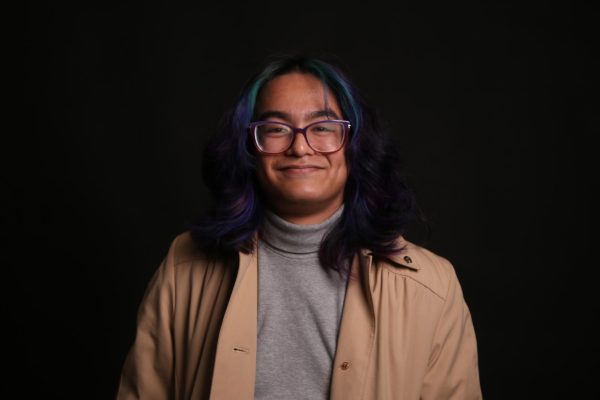Being online and homeschooled for eight years and now exclusively attending in-person classes has shaped my perception of the pitfalls of distance learning.
I was expected to mentally discipline myself from a young age to concentrate for hours on a screen. The material was never interactive, teachers were difficult to contact, and there was no way to cope with isolation. This especially affected my learning of difficult subjects such as math.
The system was built for those with specific learning styles and capabilities.
This distaste continues at college, where I have forbidden myself from taking any online courses besides my previous semester’s counseling class.
Online classes have their merits. Selfpaced and at-home work allows people to have flexibility.
A Pre-Allied Health major, Gladys De Jesus, liked some parts of online classes.
“I was able to do it in my own time, so I feel like it worked for me,” De Jesus said.
But he expressed frustration with a former teacher who did not often show their face. “It’s like I’m talking to a stranger,” De Jesus said.
De Jesus also struggled to feel a sense of belonging in online classes.
Asking for help or retaining knowledge is made difficult by the instructors who are meant to help their students. There is no enthusiasm towards students, as displayed by long and primitive pre-recorded lectures. With no classmates to ask for support the students are left to themselves.
Dance major Moises Sambrano is not a fan of online courses. Sambrano finds online to be distracting and prefers working on paper.
“It’s hard for me to get organized,” Sambrano said.
Online classes require a degree of self-discipline that is difficult to obtain. Unlike the in-person structure with classmates and live instruction, online students have to create their own environment to learn and support themselves. They are expected to work on their own accord and have the strong mental capability that is necessary to focus.
Fresno City College’s Dean of Humanities Kerry McCutcheon said, “To have that drive and persistence to completely self-regulate is hard.” McCutcheon also highlighted the high student success rates recorded by Fresno City College’s Institutional Research, which guides the administrative decisions through data assessments of faculty to maintain good standards.
Yet, an argument could be made about the validity of statistics. Even when students are successful according to the numbers, it doesn’t say much regarding the nuanced situations of the people behind those numbers.
The ability to concentrate in an increasingly noisy world with distractions like social media can affect students both in-person and online. Those with neurodiverse can struggle in finding study places. This is further amplified with the invasiveness and mobility of social media that puts individuals under constant struggle to stay focused.
In my experience, telling yourself to focus on a series of math questions can only do so much when there is accessible algorithmic fun on TikTok. Concentration and attention span are impossible under these circumstances.
Acting Academic Senate President Jacqueline Williams said the college is working to ensure that students feel the presence of their instructors in online classes. The Academic Senate approved the Regular and Substantive Interaction Policy, which clarifies expectations for faculty conducting online classes. This ensures FCC’s courses follow state, federal, and accreditation guidelines.
Yet questions must be posed as to whether these policies will generate meaningful change. Online classrooms are impersonal environments that take away from the learning experience of students. While some do prefer this mode of instruction, there are incompatible grievances for others.








